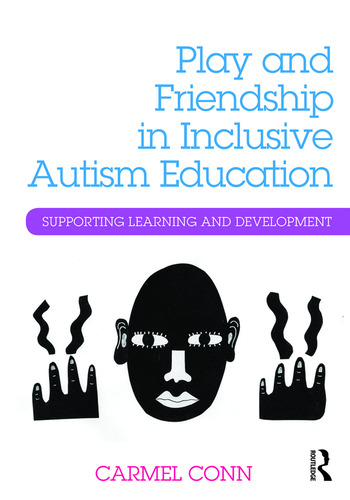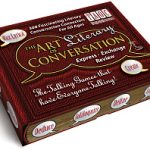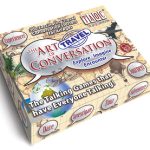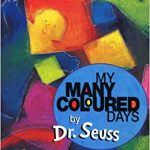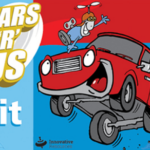Taking an innovative approach to autism and play, this practical text focuses on the particular form play and friendship takes for children with autism and their peers. Autistic children have clear preferences for play, with sensory-perceptual experience remaining a strong feature as they develop. Play and Friendship in Inclusive Autism Education offers a framework for supporting children’s development through play, with step-by-step guidance on how to facilitate the playful engagement of children with autism.
Up to date research findings and relevant theoretical ideas are presented in an accessible and practical way, highlighting what theory means to ordinary practice in schools, whilst focusing on practical knowledge in autism education. Split into five chapters, this book covers some of the main issues surrounding inclusive education and play:
- discourses and definitions of play
- the difference between play and playfulness
- autism, play and the inclusion agenda in education
- the nature of sensory-perceptual experience in children’s play cultures
- effective ways of supporting children’s friendships.
With practical guidance on how to support children with autism through play, this book will be essential reading for teachers, learning support assistants, SENCos and play workers, as well as professionals working in an advisory capacity. Students studying courses that cover autism will also find Play and Friendship in Inclusive Autism Education a valuable resource.
Contents:
- Preface
- 1. What is play
- 2. Playfulness and children’s perspectives on play and friendship
- 3. Autism and play
- 4. Autistic perspectives on play and friendship
- 5. Developing inclusive contexts for play and friendship
- References
- Index
Author Bio:
Dr Carmel Conn is currently Course Leader for the MA SEN/ALN (Autism) that is offered at the University of South Wales. Carmel is also a researcher and regularly publishes academic articles in journals specialising in inclusion and disability.


